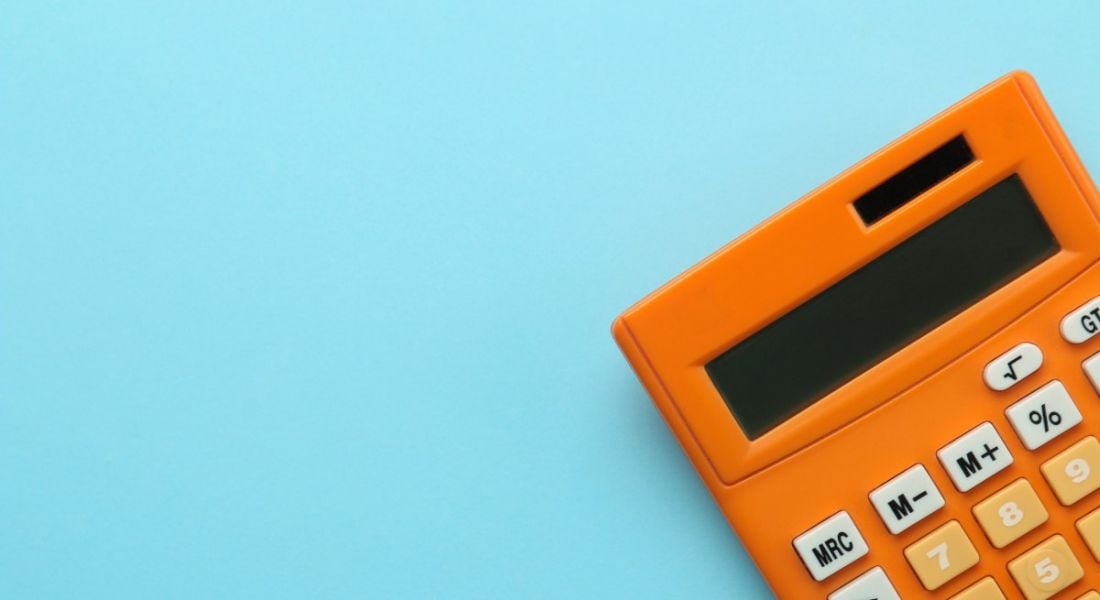Workers who received Covid-19 wage subsidies last year are due to receive a tax bill from Revenue. Here’s what to expect.
Thousands of workers in Ireland who availed of the Pandemic Unemployment Payment (PUP) and Temporary Wage Subsidy Scheme (TWSS) will be contacted by Revenue about their tax position later this week.
Revenue has confirmed that all PAYE workers will receive preliminary end-of-year statements on Friday (15 January). These will reflect any tax overpayments or underpayments for 2020. But as many as 660,000 employees who received a TWSS payment last year could be facing a tax shortfall.
TWSS payments are subject to income tax and USC, both of which were not taxed by Revenue in real time through employers. This means that Revenue will need to collect these outstanding tax payments from employees directly. For PUP recipients, payments are subject to income tax only.
The TWSS tax bill
The TWSS was introduced in March 2020 to maintain employment in Ireland by supporting employers to pay eligible staff through a Government wage subsidy. The emergency scheme refunded employers up to a maximum of €410 for each qualifying employee, and was taken up by thousands of companies across the country.
Now, the amount of tax that a TWSS recipient is liable for will depend on their pre and post-Covid salaries and whether or not their employer topped up their wages during the scheme.
Marian Ryan, consumer tax manager at Taxback.com, explained: “For example, a typical worker on €35,000 who received the TWSS payment which wasn’t topped up by their employer can now expect to owe Revenue approximately €429.
“If the same employee received the TWSS and their employer topped up their gross weekly wage, they can now expect to owe approximately €1,334 in PAYE and USC.”
Ryan added that in some instances, TWSS recipients could potentially be due a tax refund. She also emphasised that recipients shouldn’t be alarmed by the figures presented in their preliminary end-of-year statement. They may not take into account all tax credits and expenses a person is entitled to, meaning that the actual amount owed could be lower.
The PUP tax bill
The PUP was also introduced as an emergency measure after the outbreak of Covid-19 in Ireland, providing up to €350 a week to those who lost jobs as a result of the virus, as well as those impacted in self-employment.
A number of factors will now affect how much tax PUP recipients owe. These will include pre-Covid earnings, the length of time the person was receiving PUP and whether they have since returned to work on a similar or reduced income.
“For example, if we look at the €35,000 and €67,500 earners and assume they received the PUP for 23 weeks and returned to work on the same salary as pre-Covid, the €35,000 earner would have an approximate underpayment of €1,347.88 and the €67,500 earner would have an underpayment in the region of €2,492.00,” Ryan said.
“However, people may not have returned to work on the same income level and may have had to take a pay cut. The best way to approximate what your potential underpayment would be is to look at your total 2020 income – employment income and PUP payments. If these two combined is below €16,500, it is unlikely you will have an underpayment.
“There are a neverending number of variables involved but it is fair to say that the higher your total 2020 income is, the higher the resulting underpayment is likely to be. As always, it will disproportionately affect the middle-income earners who will have seen a substantial drop in income and will still face underpayments and reduced tax credits into the future.”
How to pay your Covid tax bill
Chartered Accountants Ireland said that Revenue will collect these taxes in two ways. Workers will have the option to make the payment through the MyAccount section in Revenue’s online system, either in full or through instalments.
They can also choose to pay by reducing their tax credits for up to four years. No interest will be collected on these payments. This applies to a maximum liability of €6,000, and if a taxpayer owes more than this, they will have to pay the remainder through the online system.
Revenue is also encouraging all PUP and TWSS recipients to file income tax returns this year as they may be eligible for additional credits, reliefs or expenses.
‘Very much a normal end-of-year process’
Though the news of a tax bill may seem daunting, Ryan emphasised that Revenue has said the liability won’t be due either this year or next.
“Although the option is available to taxpayers to clear the underpayment, people are not expected to make a lump-sum payment,” she said. “Instead, what will happen is that Revenue will reduce a person’s tax credits over a period of between two and four years, commencing in 2022.”
Workers will be able to access thier preliminary end-of-year statements online later this week. Revenue also said that it will write to those who owe money in the first quarter of the year.
A spokesperson for Revenue told Siliconrepublic.com: “It’s important to note that each year there is very much a normal end-of-year process for all PAYE taxpayers and this year is no different.
“Employers are required to confirm their monthly December 2020 Employer PAYE return by 14 January 2021. From 15 January 2021, Revenue will then make a preliminary end-of-year statement available in MyAccount for all PAYE taxpayers.”




